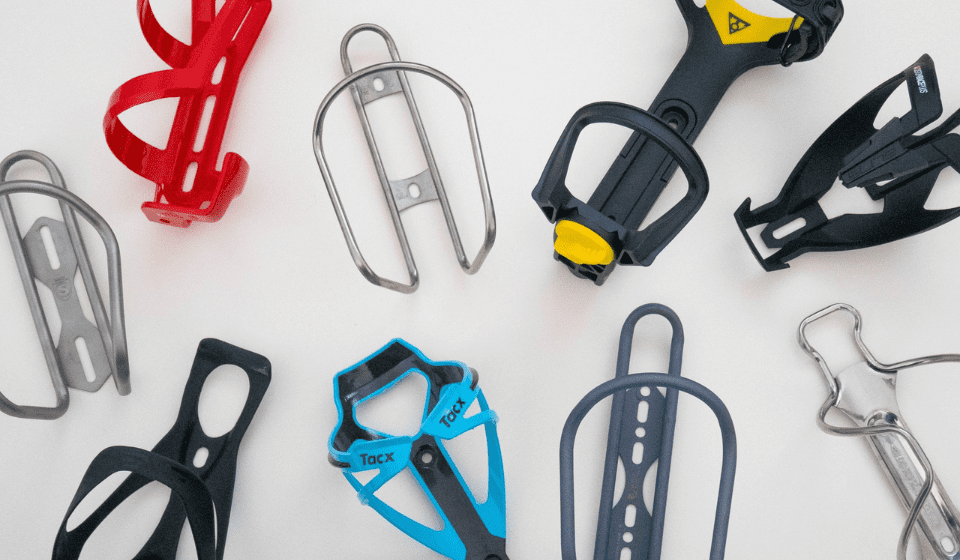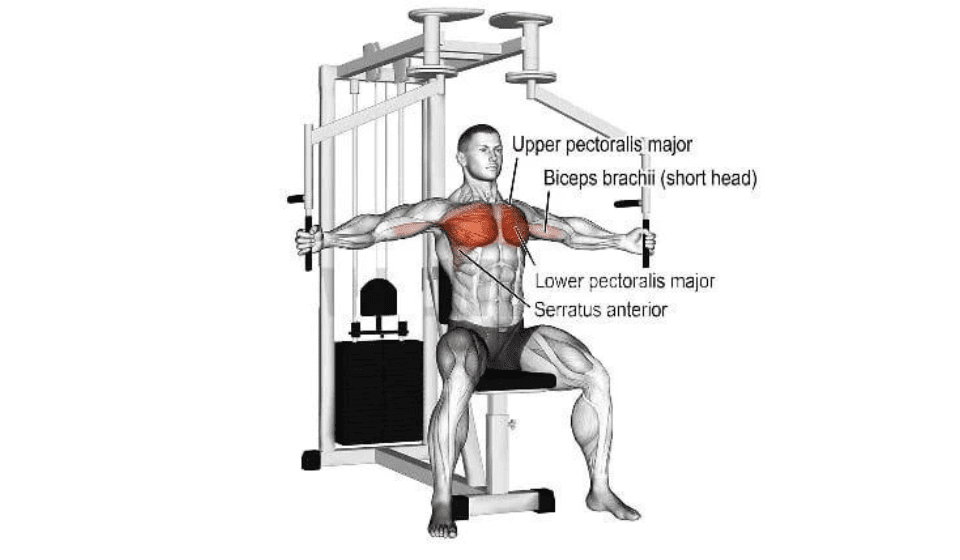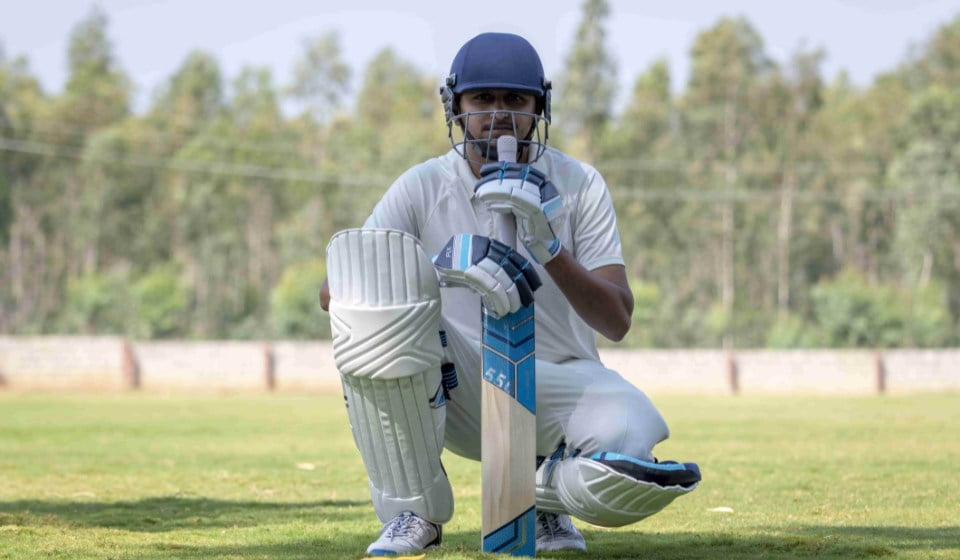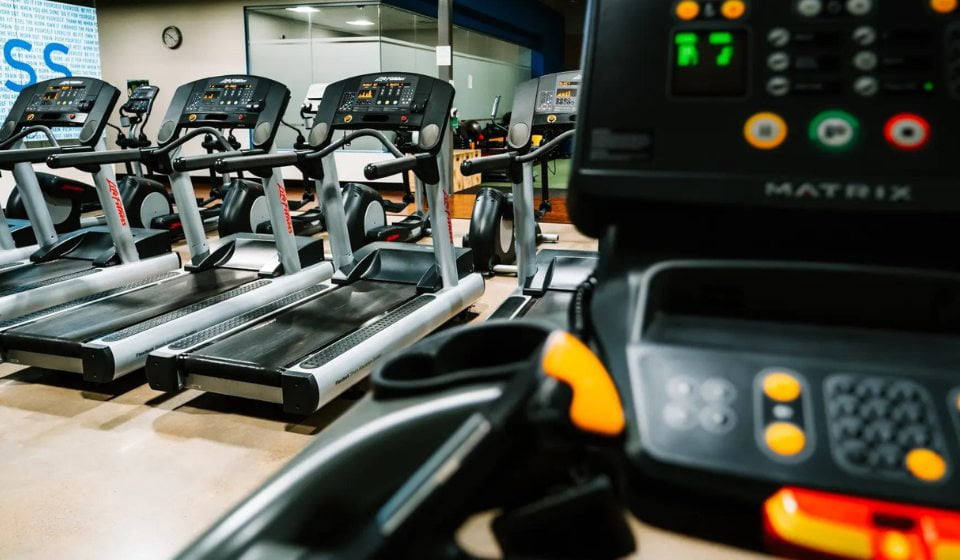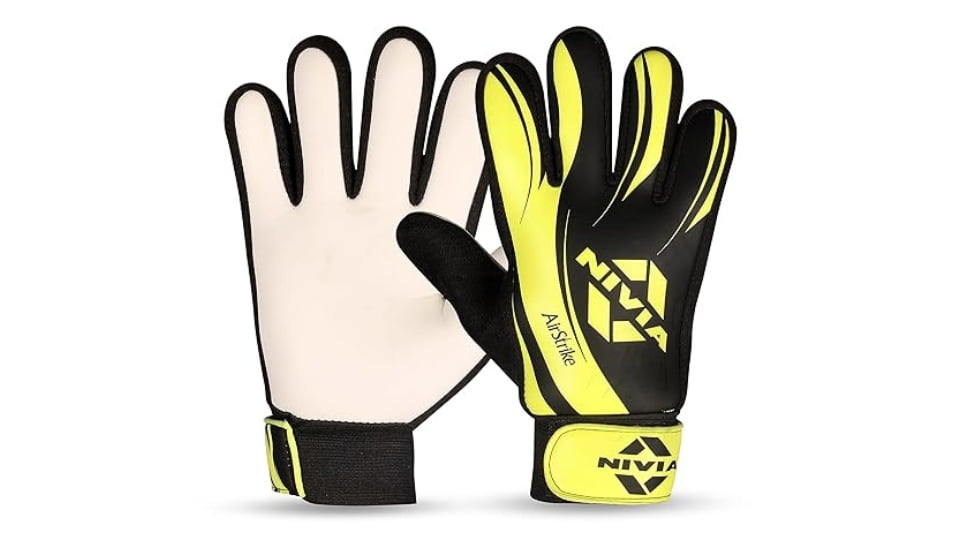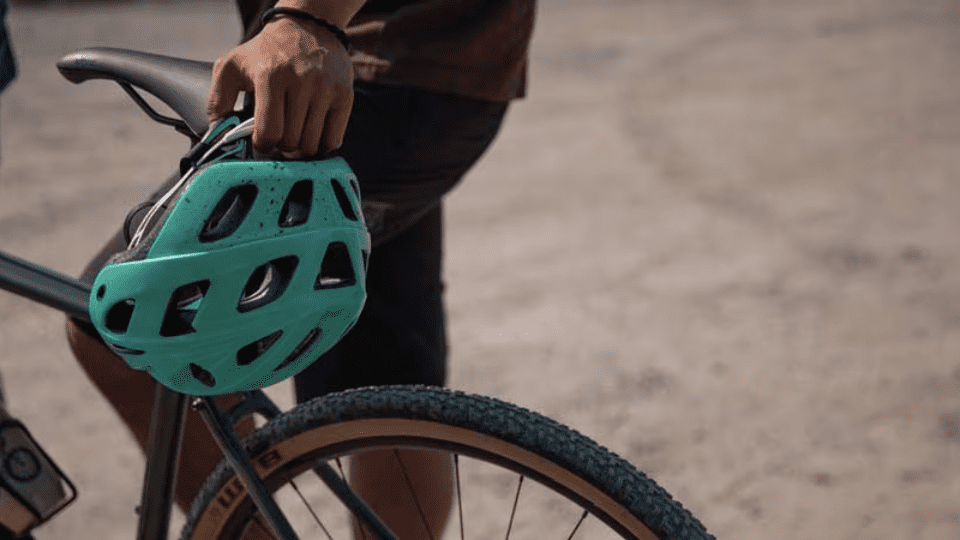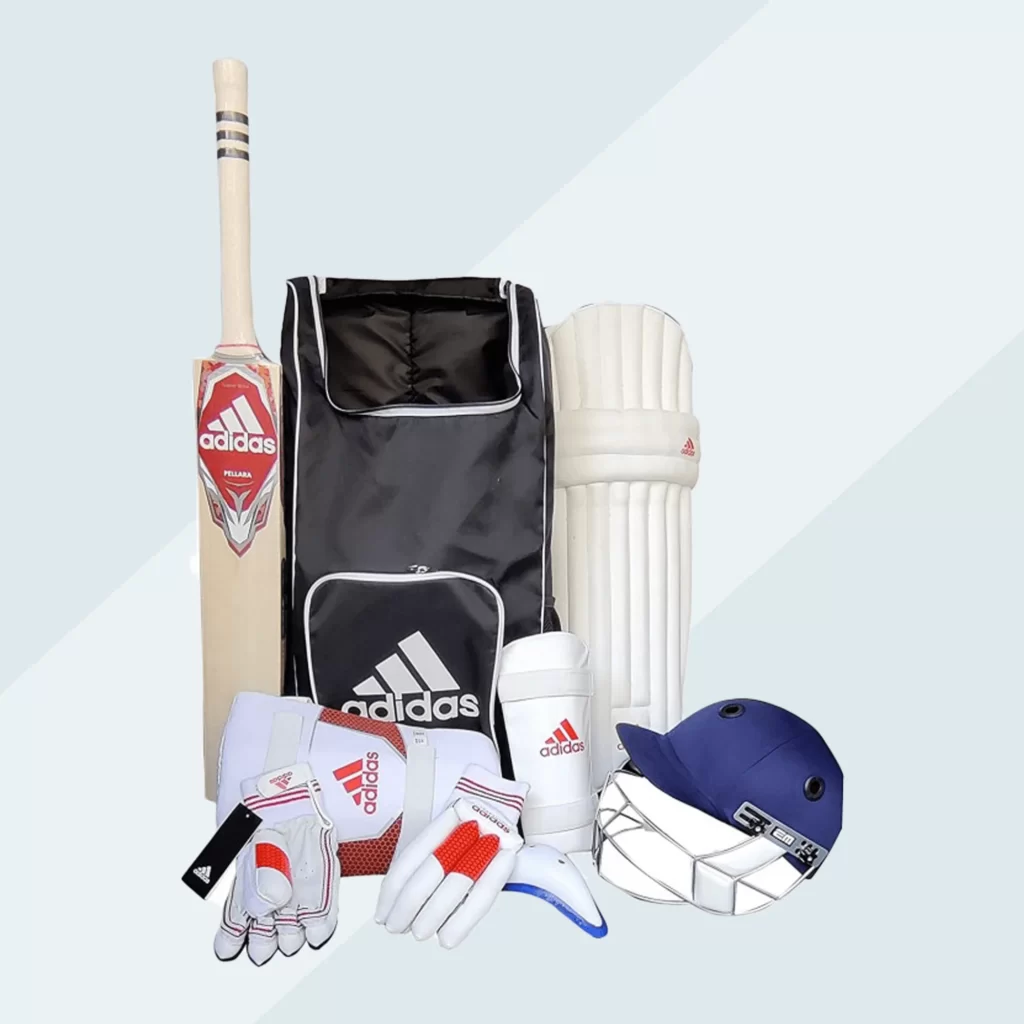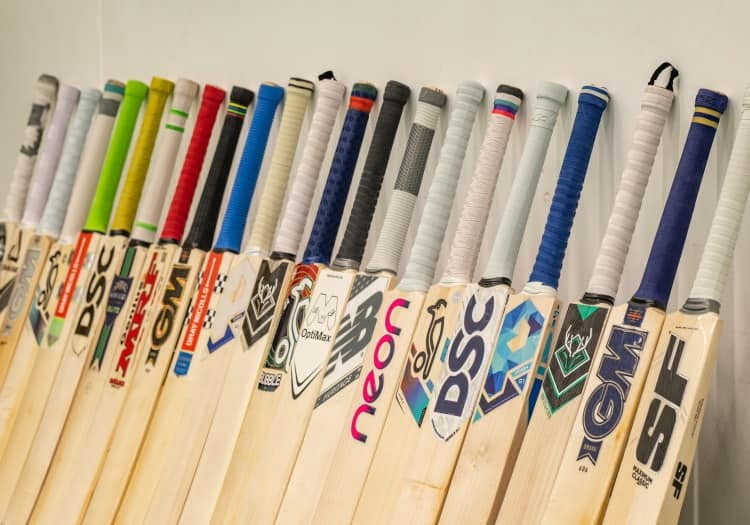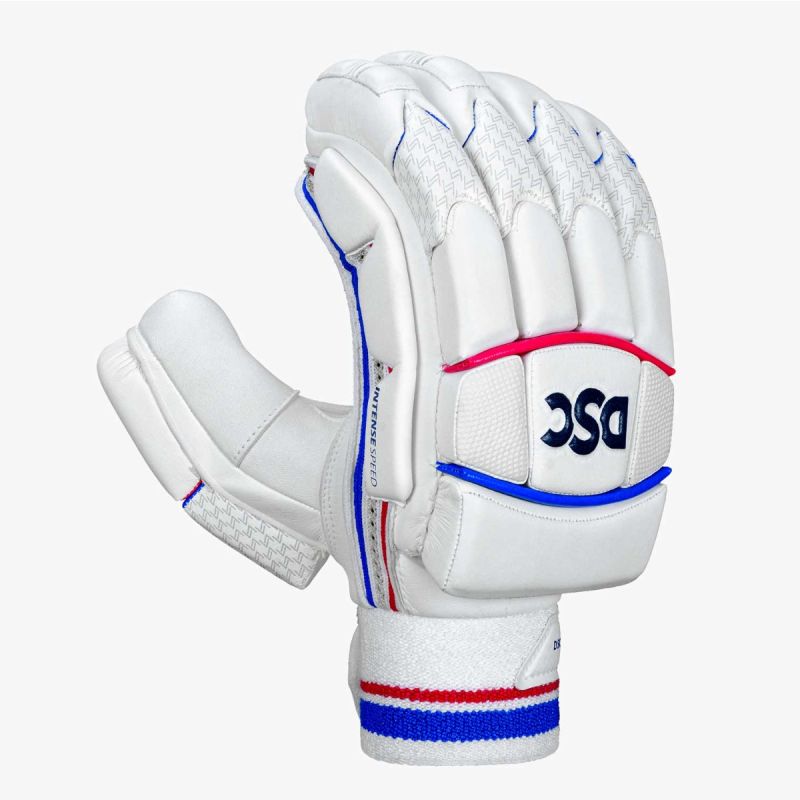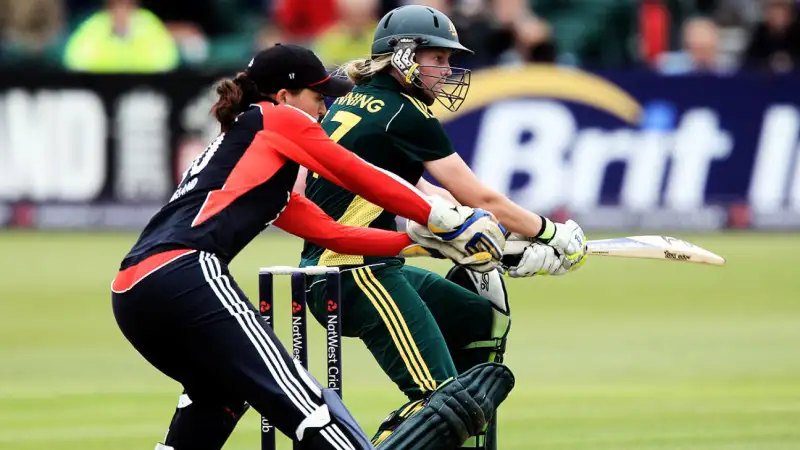Fear of losing can ruin your Tennis: 4 Tennis Performance Solutions – keysportswear

4 Tennis Performance Solutions

Let’s first define the fear of losing tennis performance and how it impacts tennis players before moving on to the answers. A psychological barrier known as this dread can take the form of worry, self-doubt, and negative self-talk. You can play hesitantly as a result, blow opportunities, and lose in the end.
Tennis is an intellectual game. I understand how it feels to allow anxiety to prevent you from playing your best tennis.
These posts occasionally have a feeling of being a touch too elitist for a division 1 college athlete. I’m not even close to that level, though. Although I might teach tennis, my level is closer to NTRP 4.0/UTR 7.0.
I consider myself to be an above-average club player.
Thus, I can definitely connect. I can make some good shots, but they don’t show up frequently enough throughout games. I often criticised myself for not playing my best tennis because I was too terrified of losing. I still occasionally allow my anxiety about having the last say in the game to win.
However, I’m growing much better at handling that dread. Much better.
Regardless of the outcomes of my matches, I feel far better than I did in the past on the court, and I want you to experience the same.
Here are four mental changes I’ve made to get over my phobia of losing tennis matches: and have more importantly helped me enjoy competitive tennis again.
1. Don’t focus on winning and losing
If only it were that simple, you’re saying aloud, I hear.
The issue is that many people interpret this guidance incorrectly.
Of course you care whether you succeed or fail. You can’t just stop wanting to win. You cannot make your mind believe that you are unconcerned with the outcome. It’s perfectly acceptable to care about winning and losing, and it’s essential to establishing a lively, competitive workplace.
I’m only urging you to change your attention.
Avoid concentrating on the ultimate result. Make an effort to concentrate on what you can do right this second. My current goal has evolved into virtually a mantra for me:
“My job is to see how well my opponent can play tennis performance today,” said the player.
I received this tip from Liam Broady’s coach Dave Sammel, and I have heavily incorporated it into my games. I’ll have succeeded in my goal if I can genuinely push my opponent to the limits of their abilities.
Tennis is a very diverse sport. The level of you and your opponent might change over time based on several factors, like the score, what you ate, what you drank, how much sleep you had, how tense you are, etc. Perhaps it’s windy, perhaps it’s raining, perhaps they’re really upset, perhaps you’re very joyful. … and so forth.
Never undervalue a challenger. Do not underestimate them. Just try your best to determine how amazing they are right now, at this location.
I’ve found it to be a really beneficial thinking change.
But by itself, it won’t work. Even if you want to make your opponents better, you could still find yourself getting in the way. So…
2. Accept your level on the day
The real kicker is here.
Having trouble serving under pressure? Missing 50% of your forehands in practise while making 99% of them? repeatedly fluffing simple volleys and overheads?
That is your level on that particular day.
“I shouldn’t be losing to him,” the person said.
You did, in fact, lose, and in all honesty, you probably deserved it.
It’s okay that way.
For instance, I believe there is a tremendous shame associated with losing to “pushers”—people who don’t take any chances and simply get every ball back. You’ll persuade yourself that you ought to defeat them. However, the other player deserved to win if you weren’t able to solve that kind of tennis on the day and your nervousness prevented you from playing at your best.
3. Learning from losses
Every setback presents a chance to advance. Instead of being afraid of losing, welcome the opportunity to get better. Examine your games with objectivity. Work on your weaknesses by identifying them. You’ll improve as a player and become more resilient with each setback.
4. Recover if you lose your focus
The finest athletes in the world maintain their concentration the longest.
But take note of the phrase “longest.”
Even the finest in the world may occasionally lose their concentration.
One of the greatest players ever at retaining focus, Novak Djokovic, stated it in very relatable terms:
“It’s okay if you lose concentration, are not in the moment, and things start to go wrong for you. Accept it, then return. What sets you apart from other people, in my opinion, is how quickly you recover from an emotion. Considering how difficult it is to stay in the present, recuperation is more crucial than real effort to do so.
Maintaining concentration will help. When it matters, you’ll be able to play your best tennis performance. It will keep you composed in uncertain situations and assist you in making wise choices when under time constraints.
However, you’ll drift away from it. An emotional response may occur if you miss a simple shot or lose a close set. But that’s fine, as Novak stated. You are entitled to these feelings. Regardless of how long you’ve been distracted, it’s crucial that you get your attention back as quickly as you can.
Allow your emotions to surface and your body to respond normally if you start to lose concentration.
But as soon as you can, return yourself!


 English
English 

